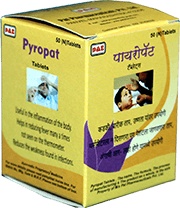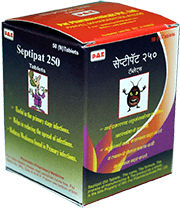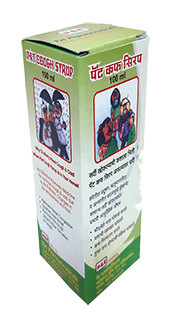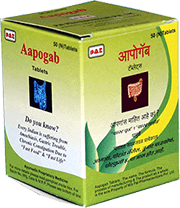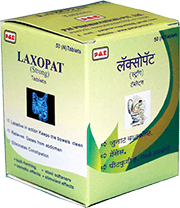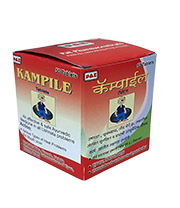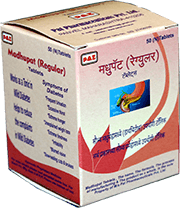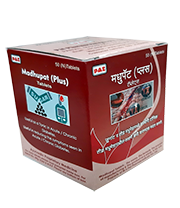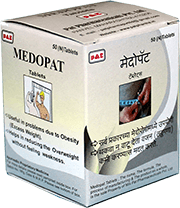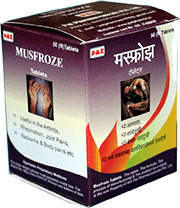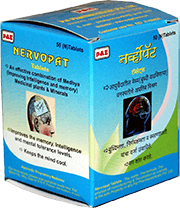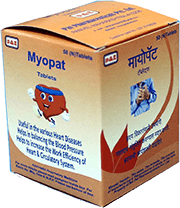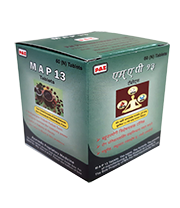
Fever & Infection
- Treatments /
- Fever & Infection
Fever & Infection
Fever is when a human's body temperature goes above the normal range of 36–37° Centigrade (98–100° Fahrenheit). It is a common medical sign. As the body temperature goes up, the person may feel cold until it levels off and stops rising.
A high body temperature, or fever, is one of the ways our immune system attempts to combat an infection. Usually, the rise in body temperature helps the individual resolve an infection. However, sometimes it may rise too high, in which case, the fever can be serious and lead to complications.
When a fever reaches or exceeds 38° Centigrade (100.4° Fahrenheit), it is no longer mild and should be checked every couple of hours.
Symptoms
• Feeling cold when nobody else does
• Shivering
• Lack of appetite
• Dehydration — preventable if the person drinks plenty of fluids
• Depression
• Hyperalgesia, or increased sensitivity to pain
• Sleepiness , sweating
If the fever is high, there may also be extreme irritability, confusion, delirium, and seizures.

